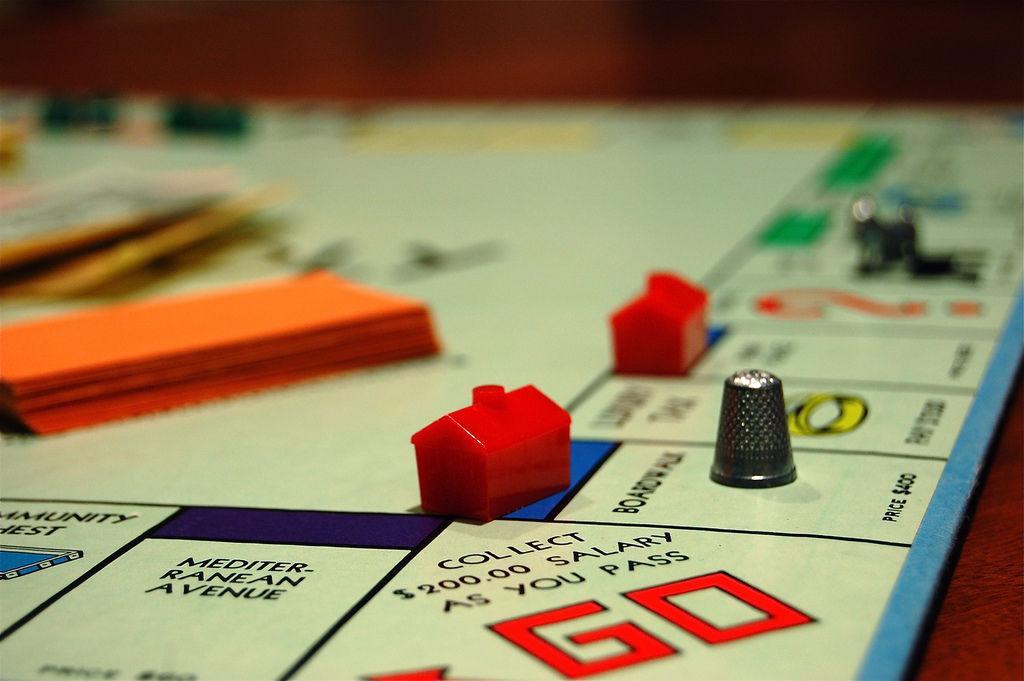With the rise of television and electronic gaming, tabletop board games have taken a back seat for the past decade. However, with advent of a French study devised by Jean François Dartigues in 2013, board game sales have risen drastically in the past few years. Not only do board games promote mental growth, but they also break down social barriers, allowing for a more personal experience and social development.
Not surprisingly, many children hate learning. Even less surprisingly, many children hate math. Therefore board games present the best alternative to traditional methods of teaching at a young age. Schools throughout the country are beginning to incorporate games into their curriculum. These games, like Monopoly, strengthen logical thinking, planning and cooperation, vital skills needed in the real world.
Board games are not just for children. The board game market for adults is exponentially expanding. While our brains are slightly more developed than a child’s, an untrained mind dulls, and there is always a need to apply practical cognitive skills in a risk-free environment. Tabletop board games challenge players in different ways at every turn while strengthening their mental capabilities along the way. For instance, chess challenges the players to devise a strategy far in advance to corner their opponent while learning to adapt said strategy along the way.
Even one of the most commonplace of tabletop games, Monopoly, holds practical application. While the game may seem simple at first glance, it still forces the players to engage in financial budgeting as well as negotiating with other players. In order to succeed, you must devise a strategy as to which real estate to purchase, expect future setbacks and prepare accordingly. When money is thin, you must rely on negotiation to get ahead. While simplified, these real life skills are still put to use in a unique and entertaining way.
Contrary to the misconception that board games are for the antisocial, playing board games actually requires a great deal of personal interaction. Tabletop games like Werewolf force face-to-face communication amongst players and often require negotiation in order to succeed. Even complete strangers can become instant friends over the competitive intricacies of a game. Despite the ability to play games over the internet, facing a screen is infinitely less personal than facing a real person. This social interaction strengthens your ability to communicate as well as increases the competitive aspect by making the game more personal.
In addition to strengthening your skills of budgeting, management and negotiation, board games also increase mental response time. With constant practice in quick thinking, gamers are able to respond with answers far quicker than the average man. Dartigues’s study in France shows that those who play board games regularly have a lower risk of developing dementia as well as Alzheimer’s. For example, in chess, physically picking up a game piece and placing it according to a set strategy uses a combination of both mechanical as well as cognitive functions. By exercising the parts of the mind that deal with complex thought as well as memory formation, you can help prevent future mental ailments. These results cannot even be achieved through active reading.
With all its advantages, board games solidify a place and need in our society. Surrounded by screens all day, everyone should find time to sit around face-to-face with friends and have fun with a board game.
Ethan Gilberti is a 19-year-old English sophomore from New Orleans, Louisiana.
Opinion: Board games promote mental growth
September 29, 2017





